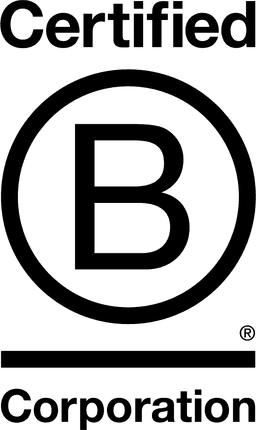

Nyenrode Business Universiteit

Utrecht, Netherlands The
May 2025
Higher education
Service with Significant Environmental Footprint
Netherlands The
Nyenrode Business Universiteit is a private university in the Netherlands, founded in 1946 by and for the business community. Nyenrode is committed to shaping a sustainable future by preparing students and participants to become thoughtful, responsible leaders, ready to face the challenges of tomorrow. Through our education and research, we empower leaders and organizations to drive sustainable transitions and navigate the uncertainties brought on by emerging technologies. Our Educational Approach At Nyenrode, we integrate real-world business expertise, cutting-edge research, and profound personal development to empower leaders to convert uncertainty into opportunity. We promote critical and reflective thinking, encourage empathy and ethics, and maintain close ties with the business community. Our programs Nyenrode offers a wide range of intensive academic programs and executive courses in business, management, accountancy, controlling, and tax law. We also conducts research in these fields, supporting its mission to create meaningful impact for a sustainable world.
Overall B Impact Score
Governance 8.1
Governance evaluates a company's overall mission, engagement around its social/environmental impact, ethics, and transparency. This section also evaluates the ability of a company to protect their mission and formally consider stakeholders in decision making through their corporate structure (e.g. benefit corporation) or corporate governing documents.
What is this? A company with an Impact Business Model is intentionally designed to create a specific positive outcome for one of its stakeholders - such as workers, community, environment, or customers.
Workers 22.1
Workers evaluates a company’s contributions to its employees’ financial security, health & safety, wellness, career development, and engagement & satisfaction. In addition, this section recognizes business models designed to benefit workers, such as companies that are at least 40% owned by non-executive employees and those that have workforce development programs to support individuals with barriers to employment.
Community 23.3
Community evaluates a company’s engagement with and impact on the communities in which it operates, hires from, and sources from. Topics include diversity, equity & inclusion, economic impact, civic engagement, charitable giving, and supply chain management. In addition, this section recognizes business models that are designed to address specific community-oriented problems, such as poverty alleviation through fair trade sourcing or distribution via microenterprises, producer cooperative models, locally focused economic development, and formal charitable giving commitments.
What is this? A company with an Impact Business Model is intentionally designed to create a specific positive outcome for one of its stakeholders - such as workers, community, environment, or customers.
Environment 16.6
Environment evaluates a company’s overall environmental management practices as well as its impact on the air, climate, water, land, and biodiversity. This includes the direct impact of a company’s operations and, when applicable its supply chain and distribution channels. This section also recognizes companies with environmentally innovative production processes and those that sell products or services that have a positive environmental impact. Some examples might include products and services that create renewable energy, reduce consumption or waste, conserve land or wildlife, provide less toxic alternatives to the market, or educate people about environmental problems.
Customers 20.1
Customers evaluates a company’s stewardship of its customers through the quality of its products and services, ethical marketing, data privacy and security, and feedback channels. In addition, this section recognizes products or services that are designed to address a particular social problem for or through its customers, such as health or educational products, arts & media products, serving underserved customers/clients, and services that improve the social impact of other businesses or organizations.
What is this? A company with an Impact Business Model is intentionally designed to create a specific positive outcome for one of its stakeholders - such as workers, community, environment, or customers.